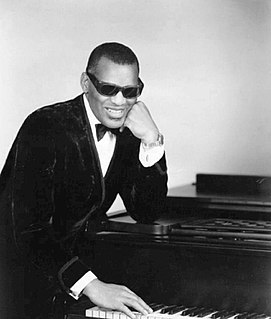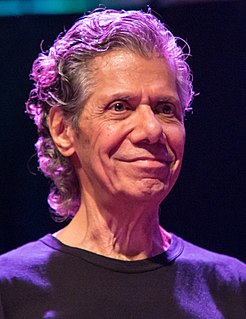A Quote by Ray Charles
I don't think any of us really knows why we're here. But I think we're supposed to believe we're here for a purpose.
Related Quotes
Let’s be honest. Who here thinks your professors can say what they really believe? It scares me to death, and should scare you too, that the superstition of political correctness rules the halls of reason. What does all of this mean? It means that telling us what to think has evolved into telling us what to say, so telling us what to do can’t be far behind. Before you claim to be a champion of free thought, tell me: Why did political correctness originate on America’s campuses? And why do you continue to tolerate it? Why do you, who’re supposed to debate ideas, surrender to their suppression?
Don't you think it's rather nice to think that we're in a book that God's writing? If I were writing a book, I might make mistakes. But God knows how to make the story end just right--in the way that's best for us." Do you really believe that, Mother?" Peter asked quietly. Yes," she said, "I do believe it--almost always--except when I'm so sad that I can't believe anything. But even when I don't believe it, I know it's true--and I try to believe it.
I just think everyone knows you go on those [political satire] shows if you're a politician to, "humanize yourself" - to show, "Hey, I can take a joke." Well, why should satire be in the service of humanizing these people who are supposed to be the target of our venom and vitriol? I think that's unseemly.
Any story that gets us thinking, and particularly young people, thinking why? Whether it's as a result of reading the book, or coming out of the theatre or the cinema, I think we should just simply be asking the question 'why'? Why did it happen to those people? Was it necessary? And anything that gets us thinking like that is really important.
I kept interrupting the movie by asking a lot of questions that Xavier managed to answer with endless patience. "How old do you think Bell is supposed to be?" "I don't know, probably our age." "I think the beast is sweet, don't you?" "Do I have to answer that?" "Why does the crockery talk?" "Because they're really the prince's servants that the beggar woman put a spell on." Xavier frowned suddenly and looked mortified. "I can't believe I know that.




































